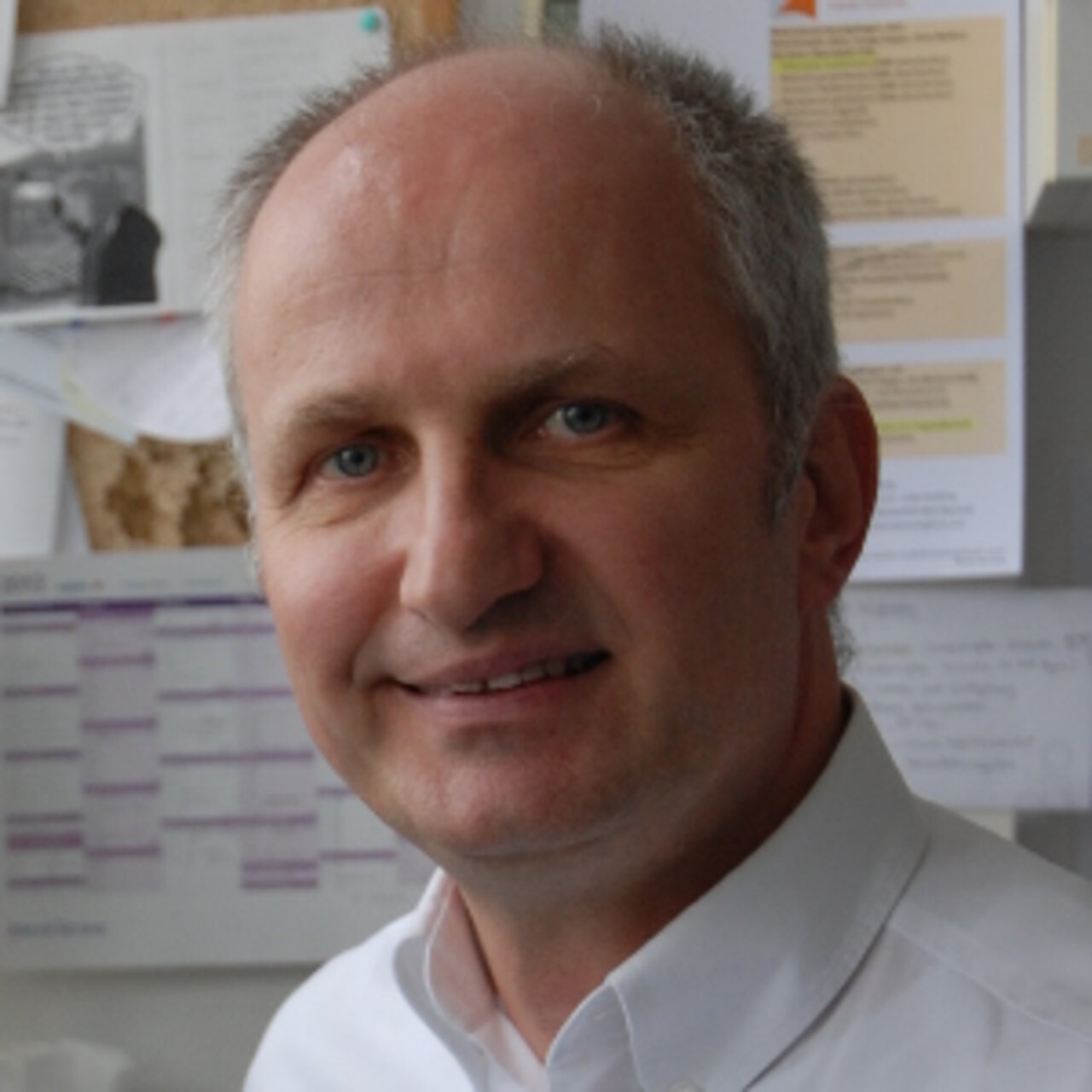Specialists in Endocrinology
1 Specialist found
Information About the Field of Endocrinology
What is the Meaning of Endocrinology?
Endocrinology is a medical field which mainly deals with the human body’s hormone system, the hormone-producing glands, as well as related diseases. The term "endocrine" means "inside out", indicating a secretion is released into the blood. Exocrine glands such as the sweat glands release secreted fluid via outward ducts.
What are Hormones?
Hormones are messengers circulating throughout the body with the blood, regulating the functions of various organs and cells.
Hormones act on cells by binding to receptors on the cell membrane or inside the cell and subsequently activate and inhibit enzymes.
Hormones can cause a cell to apprehend certain genes and to produce a larger amount of particular substances. Simply put, this process is comparable to a key that fits into the right lock. Only cells bearing the appropriate receptor for a hormone respond to its signal. Due to this communication, the body can adapt to different conditions. In this manner, hormones control the metabolism, digestion, our sleep, growth, pregnancy, stress and many other processes in the body.
Which Hormone-Producing (Endocrine) Glands Exist?
The most important endocrine organs are the pineal, pituitary, thyroid, parathyroid, pancreas, adrenal, ovaries, and testes.
The pineal gland is a small gland in the brain mainly producing melatonin and controlling the sleep-wake cycle.
The pituitary gland is a gland attached to the brain and receives many signals from the hypothalamus. It produces a variety of hormones, which mainly serve to control other hormone glands. The pituitary gland can be considered the control center of the endocrine system. It produces growth hormones as well. For example, a hyperactive pituitary gland in a benign tumor can lead to gigantism in childhood or to acromegaly in adults.
The thyroid gland surrounds the trachea in the neck area. It produces the hormones triiodothyronine and thyroxine which increase the activity of the metabolism and the energy consumption of the body. They increase the striking power and heart frequency, plus play an important part in physical and mental development.
The thyroid gland is stimulated by the pituitary gland and is dependent on the element iodine which is obtained from food in order to produce hormones. The most important thyroid diseases include hyperthyroidism, hypothyroidism, and thyroiditis.
An overactive thyroid (hyperthyroidism) causes restlessness, palpitations, weight loss, and temperature rise, while an underactive thyroid (hypothyroidism) leads to fatigue, low blood pressure, and weight gain.
The parathyroid glands are tiny bodies on the back of the thyroid gland. In most cases, humans have four of them. They produce the parathyroid hormone, which affects the calcium level in the blood and thus, can play a role in bone diseases.
The pancreas is an endocrine and an exocrine gland in the abdomen of the body. It not only produces hormones but also secretions of the digestive tract. The most important function of the pancreas is the regulation of blood sugar levels. To do this, it releases the hormones insulin (lowering blood sugar) and glucagon (raising blood sugar). If the production or effect of insulin is disturbed, the blood sugar level remains elevated and causes long-term damage to the body. This imbalance is called diabetes mellitus.
The adrenals are small pyramidal glands, which sit like caps on the kidneys. They are distinguished between bark and marrow. Glucocorticoids and mineral corticosteroids (lat. Cortex = "bark", "shell") are produced in the adrenal cortex. They regulate kidney functions, reactions to stress and inflammation, blood pressure, plus blood sugar levels. In addition, the adrenal cortex produces small amounts of androgens (such as testosterone).
A known complex of symptoms with high cortisol levels due to medical treatment or diseases of the adrenal glands is called Cushing's disease.
The adrenal medulla produces the hormones adrenaline and norepinephrine, which put the body in readiness to maximum performance during stress, fight or flight.
The ovaries are located at the bottom of the abdominal cavity and are connected with the uterus via the fallopian tubes. They generate the development of female sexual characteristics through the production of the hormones estrogen and progesterone. They control the cycle and the processes of pregnancy as well. Estrogen affects blood clotting and bones, plus leads to early growth arrest in women.
The testicles produce the majority of androgens (male sex hormones) in men as well as small amounts of estrogen. Androgens influence the development of male sexual characteristics and muscle growth. Androgens are essential for fertility and affect the sebum production of the skin.
How High is the Cost for an Endocrinologist Specialist in Germany or Switzerland?
For patients from abroad, the costs for treatment by an endocrinologist specialist are strictly regulated by the German government (GOÄ Department). German physicians are not entitled to determine their own self-calculated fees for medical services. They are legally obliged to adhere to the official fixed tariff rates for doctors.
In order to calculate the costs for a specific hormone therapy in Germany or Switzerland, thyroid specialists and endocrinology clinics first require detailed information about the specific hormonal imbalance. This data can be transferred to the hospital in form of medical reports, findings or images taken prior to treatment. The hormone doctor then prepares a cost estimate. In most cases, the amount due must be paid ahead of the healing process.
Sources
http://muse.jhu.edu/article/372303
http://www.hormone.org/diseases-and-conditions/pituitary
http://www.hormone.org/diseases-and-conditions/adrenal
Lecture notes of the medical university MedUni Graz 2016 Endocrinology
